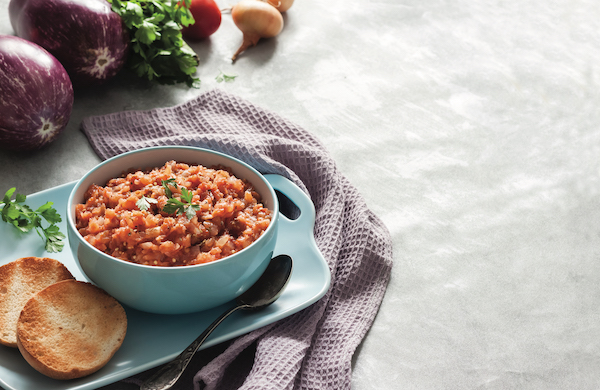News & Articles

Can Food Fight Cancer?

Ever wondered if cancer-fighting foods exist? Many sources online identify certain foods as ‘miracle foods’ that can prevent or cure cancer, but unfortunately, no single food group can make one immune to the disease.
However, there are steps one can take to reduce the risks. Let’s take a look:
It comes as no surprise to many that diet and lifestyle can affect cancer risk.
Excess weight and obesity have been linked to a number of chronic diseases including cancer. According to the World Cancer Research Fund, there is strong evidence that being overweight or obese throughout adulthood increases the risk of 12 cancers.
While it is important to keep one’s weight within the healthy range, other factors also play a part in reducing one’s risk of cancer and cancer recurrence.
Based on findings from the American Institute for Cancer Research and World Cancer Research Fund, these factors include:
- Staying within the normal range of body weight
- Being physically active
- Limiting the consumption of energy-dense foods
- Avoiding sugary drinks
- Eating mostly foods of plant origin
- Limiting the intake of red meat and avoiding processed meat
- Limiting alcohol consumption
- Limiting the consumption of salted or smoked foods
- Aiming to meet nutritional needs through diet alone
‘Eating well’ – what it is, and how it reduces cancer risk
Have you ever come across the term ‘eating well’, but are unsure of what it means? You are not alone.
Contrary to popular belief, eating well does not mean you have to give up on your favourite foods or limit your diet to bland soups and salads. Eating well refers to maintaining a healthy, balanced diet, which consists of adequate carbohydrates, proteins, fats, fibre, and also the different types of vitamins, minerals and trace elements.
While there is no sure way of preventing cancer, these essential nutrients help support one’s body functions, which in turn support the immune system and help maintain a healthy body weight—all of which are primary factors in reducing your risk of cancer.
Carbohydrates, for instance, fuel the body to perform daily activities, while protein plays an important role in hormone and enzyme production for our body to function well.
Meanwhile, fibre helps maintain good gut health. Fat is often looked down on, but they are an essential nutrient that provides energy and protection for our vital organs.
All in all, eating well and maintaining a balanced diet that includes adequate nutrition across all food groups can go a long way in supporting our body function and immune system.
Functional foods and superfoods – helpful or diet fad?
Functional foods, or superfoods, usually refer to nutrient-rich foods that can power-pack one’s diet and enhance healthy eating patterns.
An example of a superfood is food that contains probiotics (e.g. yoghurt, tempeh, miso), which help balance the body’s gastrointestinal system and maintain immune health.
Another example is food with anti-inflammatory properties such as omega-3 rich fishes, which contain natural antioxidants and polyphenols that reduce inflammation, and with it, reduced risk of certain chronic diseases.
While these foods generally contain higher nutritional values compared to other foods, they are recommended to be consumed on top of a balanced diet. It is also important to be wary of overconsumption, and consume a variety of foods to ensure one benefits from all the different nutrients.
How to get started
Do not be easily taken in by claims that eating certain foods can prevent or fight cancer. Ultimately, there are many factors that result in cancer, and there is no sure way of preventing the disease or eliminating one’s risk of getting the disease.
You can, however, reduce your risk by adopting healthy diet modifications, exercising, educating themselves about other risk factors, going for regular screenings, and seeking help early. The infographic below offers some examples of foods you can incorporate into your daily meals for a healthier lifestyle.
5 foods to power-pack your diet
Foods that are high in fibre and minerals e.g. berries
Foods that are rich in zinc, iron and vitamin B e.g. nuts and seeds
Foods that are rich in vitamins and nutrients e.g. oats and whole grain
products
Foods that are anti-inflammatory e.g. omega-3 rich fishes
Foods that contain prebiotics or probiotics e.g. yoghurt
| POSTED IN | Cancer Prevention, Nutrition |
| TAGS | cancer & exercise, cancer diet & nutrition, cancer relapse, healthy food & cooking, healthy lifestyle, obesity and cancer, reduce cancer risk, weight management |
| PUBLISHED | 01 March 2022 |
